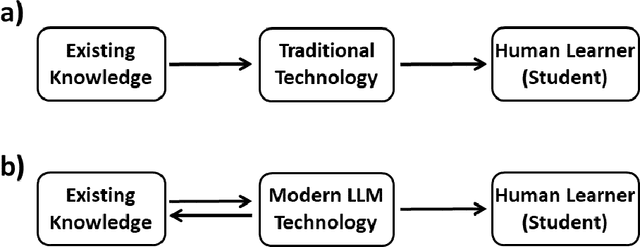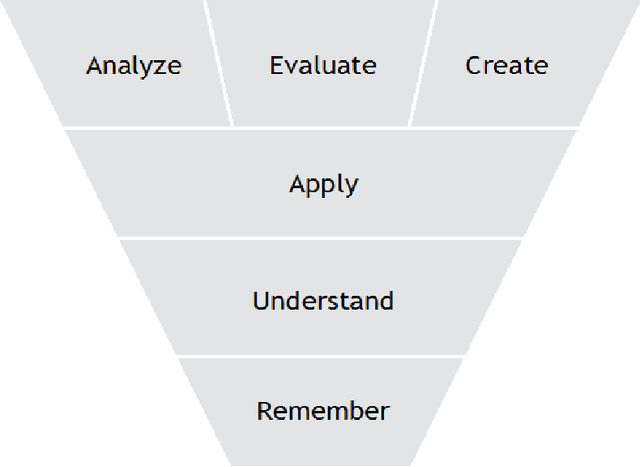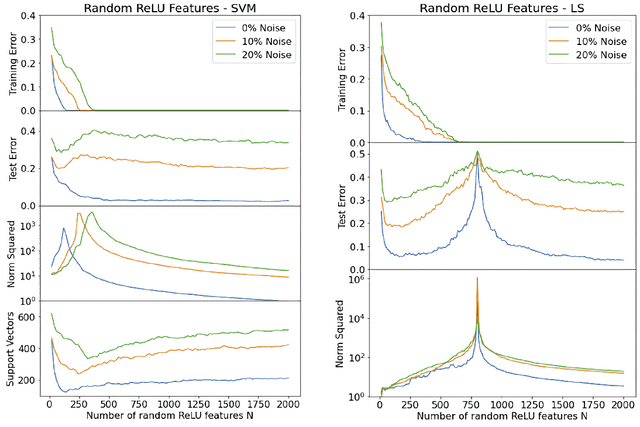Eng Hock Lee
A Perspective on Large Language Models, Intelligent Machines, and Knowledge Acquisition
Aug 13, 2024

Abstract:Large Language Models (LLMs) are known for their remarkable ability to generate synthesized 'knowledge', such as text documents, music, images, etc. However, there is a huge gap between LLM's and human capabilities for understanding abstract concepts and reasoning. We discuss these issues in a larger philosophical context of human knowledge acquisition and the Turing test. In addition, we illustrate the limitations of LLMs by analyzing GPT-4 responses to questions ranging from science and math to common sense reasoning. These examples show that GPT-4 can often imitate human reasoning, even though it lacks understanding. However, LLM responses are synthesized from a large LLM model trained on all available data. In contrast, human understanding is based on a small number of abstract concepts. Based on this distinction, we discuss the impact of LLMs on acquisition of human knowledge and education.
VC Theoretical Explanation of Double Descent
May 31, 2022



Abstract:There has been growing interest in generalization performance of large multilayer neural networks that can be trained to achieve zero training error, while generalizing well on test data. This regime is known as 'second descent' and it appears to contradict conventional view that optimal model complexity should reflect optimal balance between underfitting and overfitting, aka the bias-variance trade-off. This paper presents VC-theoretical analysis of double descent and shows that it can be fully explained by classical VC generalization bounds. We illustrate an application of analytic VC-bounds for modeling double descent for classification problems, using empirical results for several learning methods, such as SVM, Least Squares, and Multilayer Perceptron classifiers. In addition, we discuss several possible reasons for misinterpretation of VC-theoretical results in the machine learning community.
 Add to Chrome
Add to Chrome Add to Firefox
Add to Firefox Add to Edge
Add to Edge